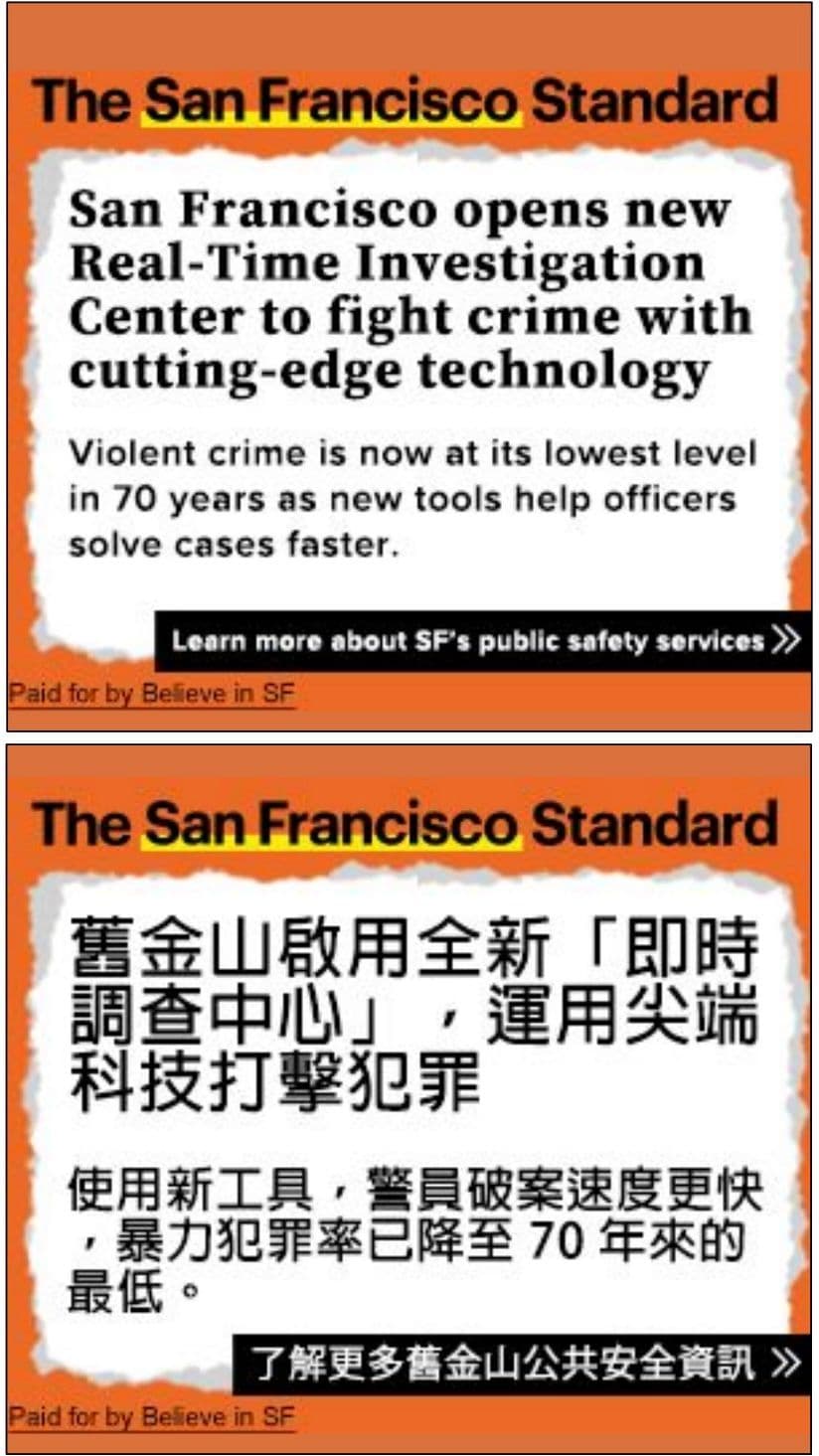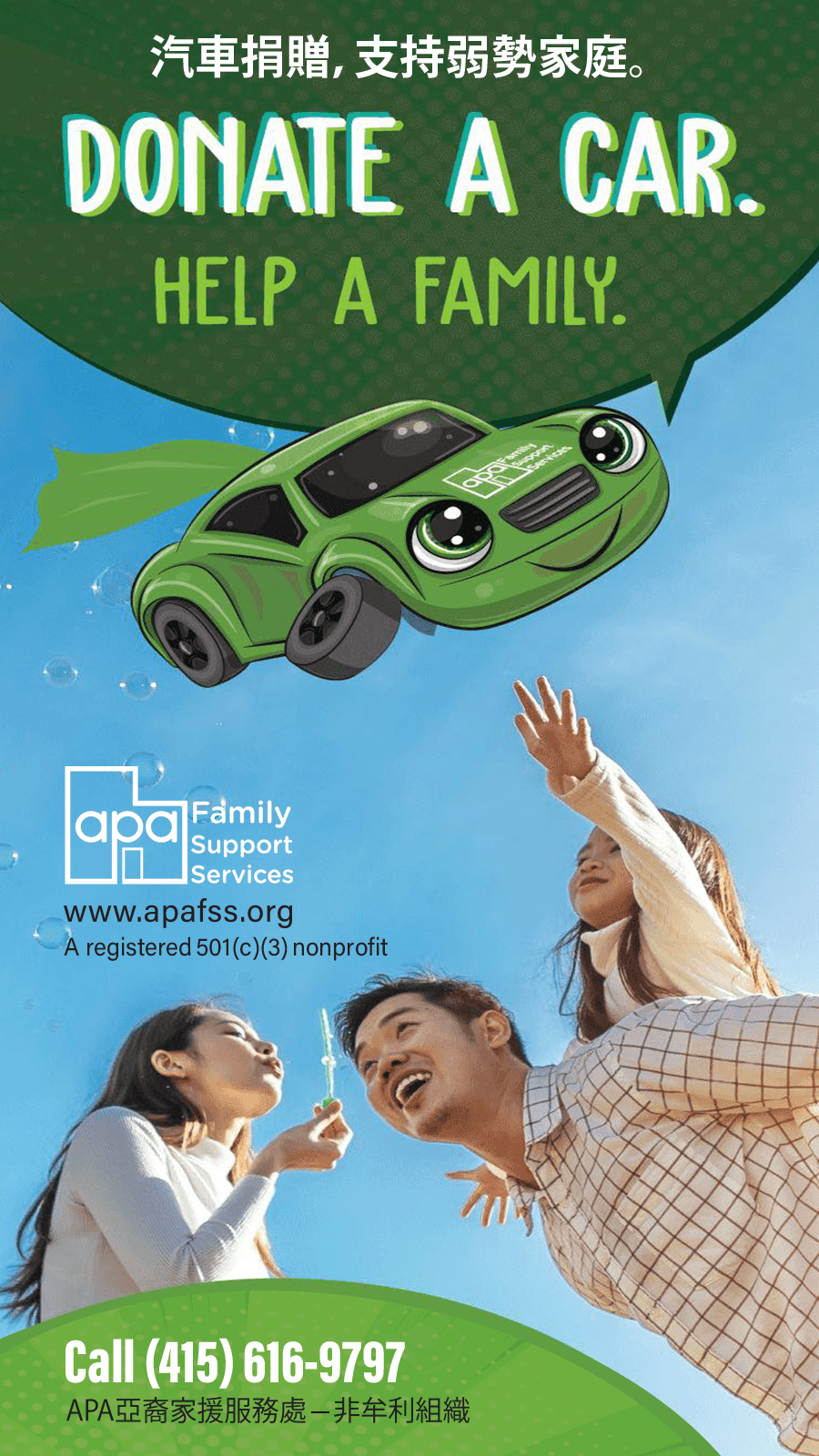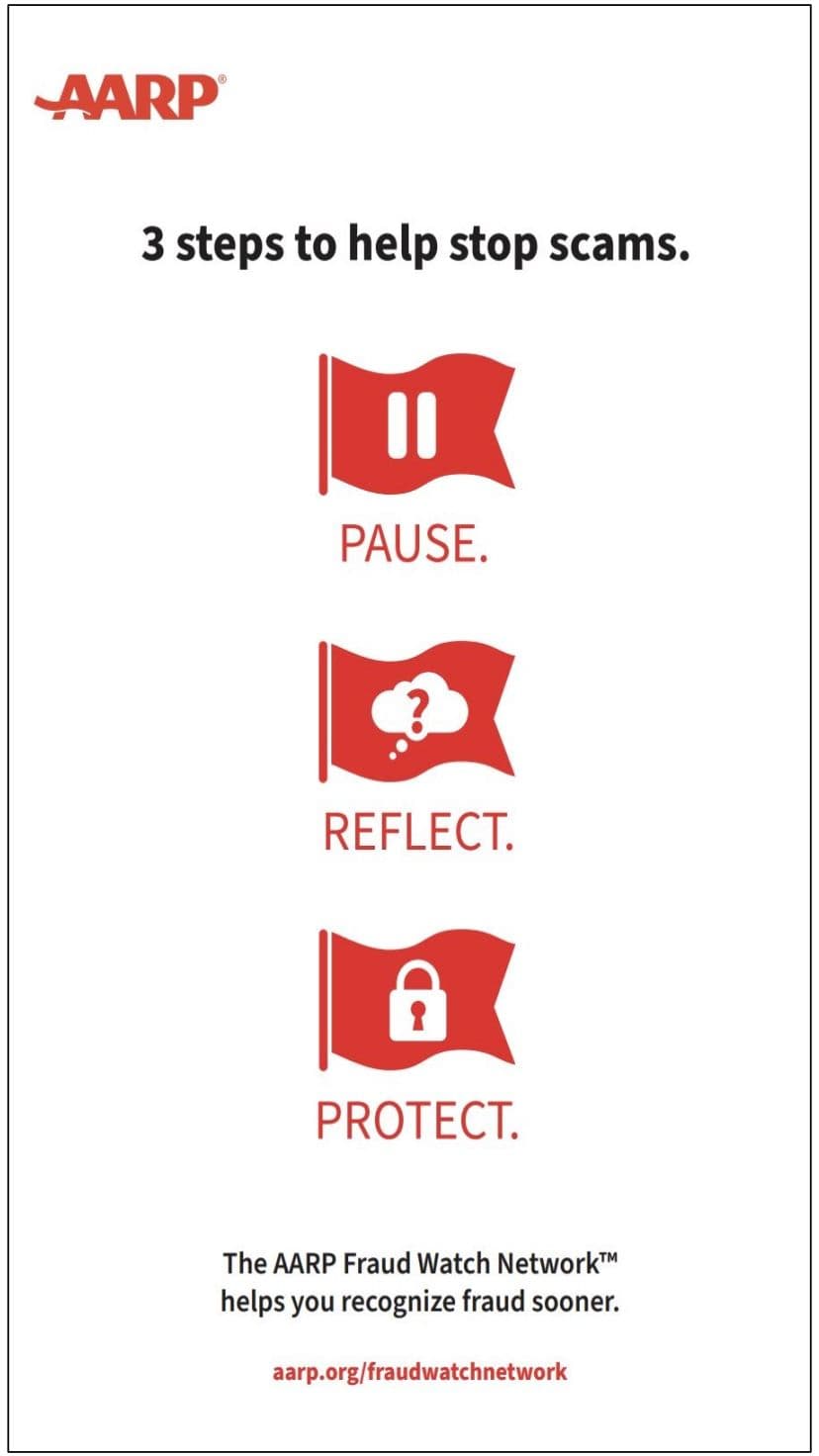Opinion: Remembering Ted Fang, a Chinese American pioneering publisher and editor in U.S. print media
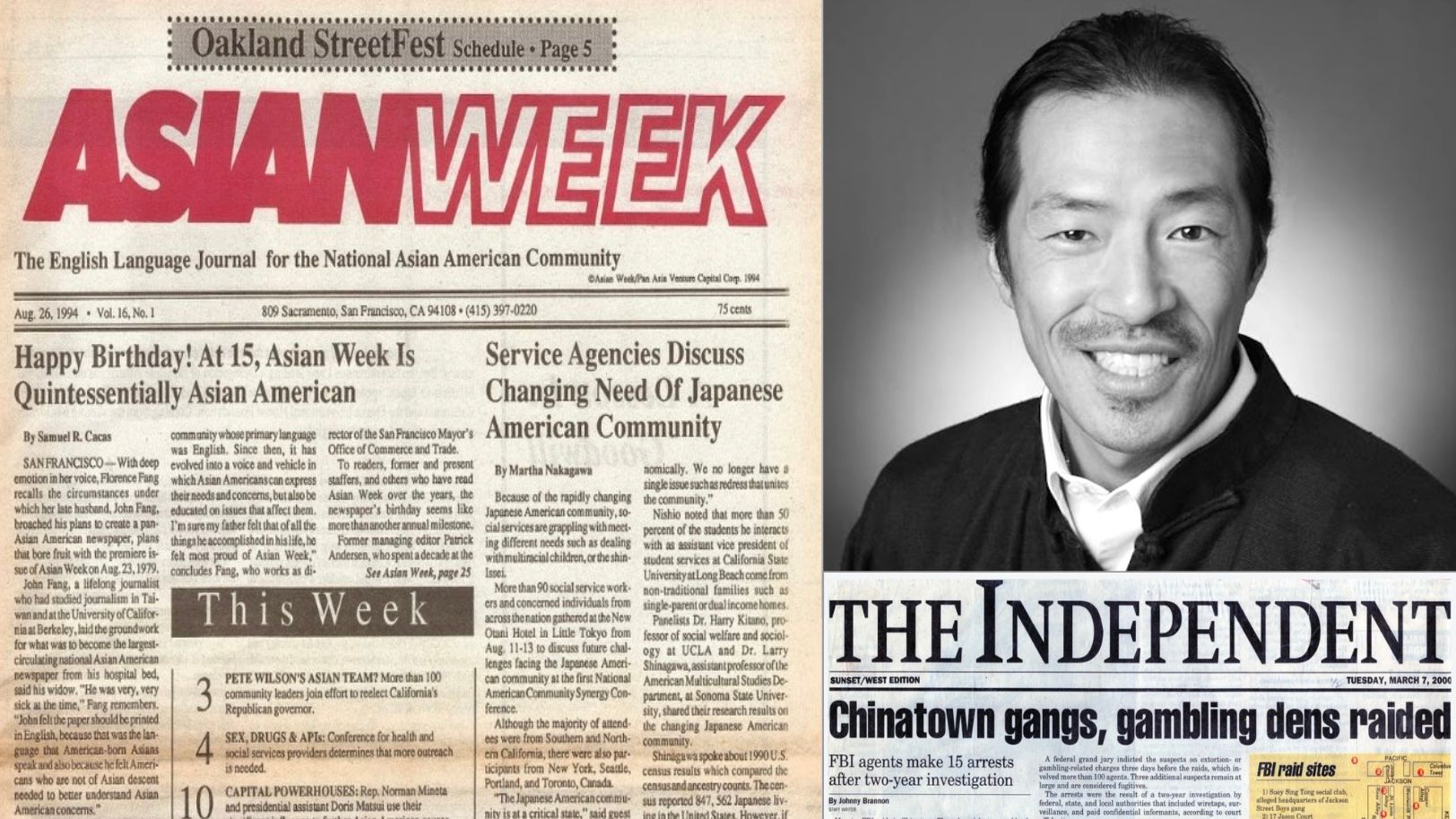
Ted Fang died on September 9, 2024 at the age of 61. When I read the news, it brought back a lot of memories.
Ted was a member of perhaps the most prominent Chinese American family in San Francisco over the last 40 years. John and Florence Fang had arrived penniless from Taiwan. Florence gave birth to three sons here. Together they rocketed to wealth and political power.
I met Ted 44 years ago when I worked at Asian Week, an English-language newspaper in Chinatown. Ted was then a high school student who helped his parents in their printing business, Grant Printing, which occupied the same building as the paper.
The technology was of a different era. I wrote each article on an electric typewriter, then handed it to the typesetter, who retyped it on a big machine and gave it back to me for proofreading. I'd mark it up and he would correct any typos.
John Fang was a feisty and go-getter whose favorite phrase was “no time.” He was the editor of the Young China Daily, a Chinese-language paper located just up the block.
In 1979 John founded Asian Week, which covered all the Asian communities. Its rival was East/West News, which was mainly in English but had a section in Chinese. Every Wednesday for 10 years the two papers would go head to head on the newsstands. The rivalry ended in 1989, when East/West ceased publication. Asian Week continued alone for the next 20 years.
John was very savvy about cultivating relationships with local and state politicians who wanted coverage in his papers. Out of his three sons – Jimmy, Ted and Doug – Ted was the most journalistically minded. As a teenager, he sometimes critiqued my articles with insight, which I appreciated. Unlike his stern father, Ted always had a smile on his face.
I left Asian Week after less than a year, due to differences with John Fang. A few years later I joined the staff of East/West. I'd run into Ted in Chinatown, and he always greeted me warmly.
In 1988, Ted founded a free newspaper, the San Francisco Independent, which was published three times a week and delivered door to door all through the city. Its circulation was as large as the daily papers. Ted hired me for the restaurant section, and for four years I sold ads, took photos, and wrote positive reviews of the advertisers. It was the best job I ever had. Ted was always in the office, walking around with his gigantic cell phone, which was new at the time.
Ted was very bright, ambitious, and talented. But he wasn't a good people manager. His salesmen and distribution crew were the lifeblood of the paper, but he sometimes disparaged them.
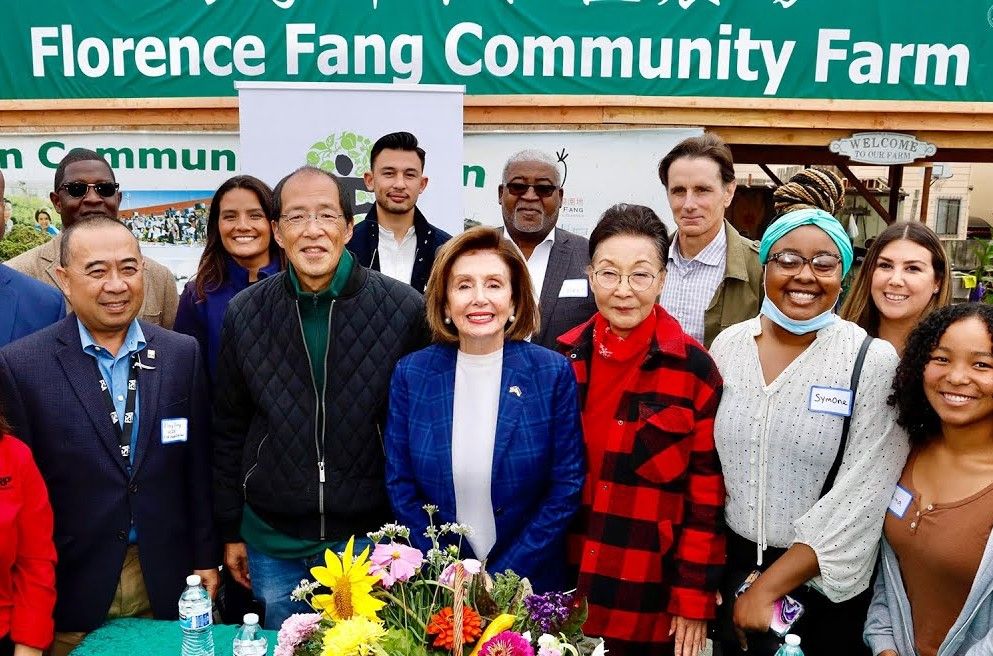
Ted and I got along great until 1992, when he suddenly decided that I wasn't selling enough restaurant ads. I was bringing in about $10,000 a month in revenue, of which I got to keep 25%.
Without consulting me, Ted hired another salesman to go after the restaurants I was missing. After a couple of weeks, I resigned.
I later heard he had to pay three people – one to sell ads, one to take photos, and one to write the reviews. In the end, he got no more ads than before.
But Ted was successful enough with the Independent, so that in 1999, thanks to political connections, he got an offer he couldn't refuse. The city's two English-language dailies, the Chronicle and the Examiner, got together and agreed to sell the Examiner to the Fang family for $100. They got not only the paper, but a $66 million stipend to help keep the paper going. They became the first Asian American owners of a major daily newspaper in the continental United States.
Ted was the editor and publisher. He shut down the Independent to concentrate on the Examiner, and brought some of his trusted staff with him.
His downfall began when he hired the Independent's former managing editor, Susan Herbert, to take charge of the day-to-day operations. Susan was a serious professional, and she agreed to work for him only under the condition that he did not interfere with her job. But almost immediately, Ted began meddling with the political direction of the paper. So Susan quit. The only staffers left were the Fang loyalists.
I was underemployed then, so I contacted Ted, and he invited me to become a freelancer and columnist for the paper. So I found myself working for his family for the third time.
Under their contract with the Chronicle, the Fangs had agreed to run the Examiner for only a few years, and then they'd be allowed to sell it and keep all the unspent stipend. That's exactly what they did. They sold it in 2004 to Denver billionaire Philip Anschutz and pocketed millions.
With all their money, the Fangs could have kept Asian Week alive, even if it wasn't profitable. Instead, they closed the paper and turned the building into the World War II Pacific War Memorial Hall, which documents the atrocities of the Japanese military against Chinese citizens. It's worth a visit, but preserving Asian Week would have been much more beneficial to the Chinese community.
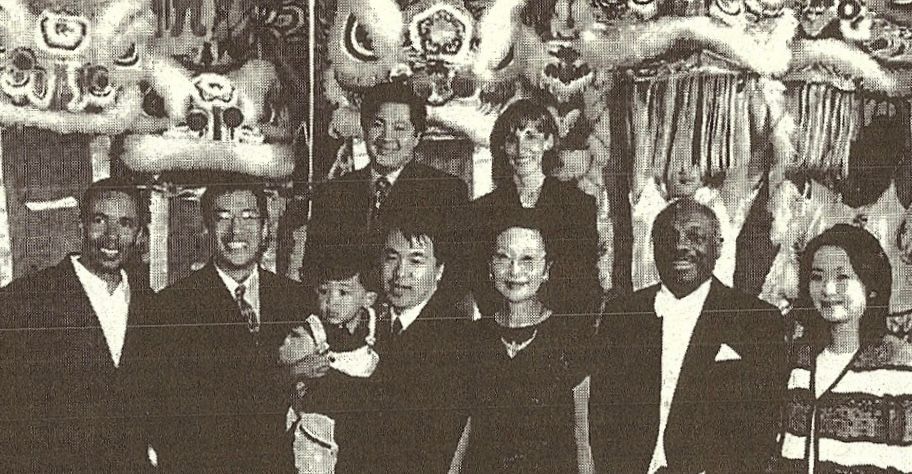
I think one reason they killed off Asian Week was because Ted had contracted AIDS, and wanted to focus his attention on health matters. He retired from the newspaper business in his early forties and devoted most of his time to charity work.
He was the chairman of Mobilization against AIDS, which protects the rights of HIV-infected people and helps them get adequate treatment.
Another of his other activities was running the Florence Fang Community Farm, San Francisco's largest sustainable farm.
Last year Ted completed the AsianWeek Database Project. Thanks to him, the public now has free online access to the Asian Week archives. I suspect he knew he was dying, and wanted to leave this valuable resource as his legacy.
His father John died in 1992, his younger brother Doug in 2003, and his older brother Jimmy in 2020. Florence lives in Hillsborough, close to her two grandchildren from Doug. I feel very sorry for Florence.
I last heard from Ted in July, two months prior to his passing. When I asked him about my old friend Patrick Andersen, the former editor of Asian Week. Ted answered right away:
“Hello Max! Very nice to hear from you! I know Patrick and his wife Marina are around in San Francisco, but I don't know the exact address. I did see them a while back, but don't remember the details. By the way, we do have most of the AsianWeek issues back up on line at asianweek.com. Best wishes to you and thanks for reaching out, Teddy”
-------
And thank you Ted, for the opportunities you and your family gave me. May you rest in peace.
*Max Millard grew up in Windham, Maine and moved to San Francisco in 1980, where he was on the staff of 10 newspapers including Asian Week and East/West News. In 2001, he switched careers to become a school teacher, and retired in 2019. He is a member of two public speaking clubs, Asian Express and the San Francisco Bilingual Cantonese-English Toastmasters. He is the author of "100 New Yorkers of the 1970s" and co-author with Thomas C. Fleming of "In the Black World." His website is www.maxmillard.com.
- If someone’s vehicle blocks your driveway, San Francisco's 311 service will resolve it easier and safer for you
- U.S. Department of Homeland Security proposes green card status can be denied for Medicaid and SNAP recipients
- NAPCA Column 18: About the One Big Beautiful Bill Act
- San Francisco Real-Time Investigation Center (RTIC) equipped with drones and advanced technologies now fully operates to help keep the city safe
- The community blessed for two Chinese American Police Chiefs in a row to lead San Francisco Police Department
- San Francisco newly-appointed D4 Supervisor Alan Wong votes for Family Zoning Plan in his first full board meeting
- Opinion: My concerns about negative impact of road constructions to traffic and communities in SF’s Chinatown and Sunset
- Tech entrepreneur & political advisor Saikat Chakrabarti runs for Congress to fill Nancy Pelosi’s House seat


